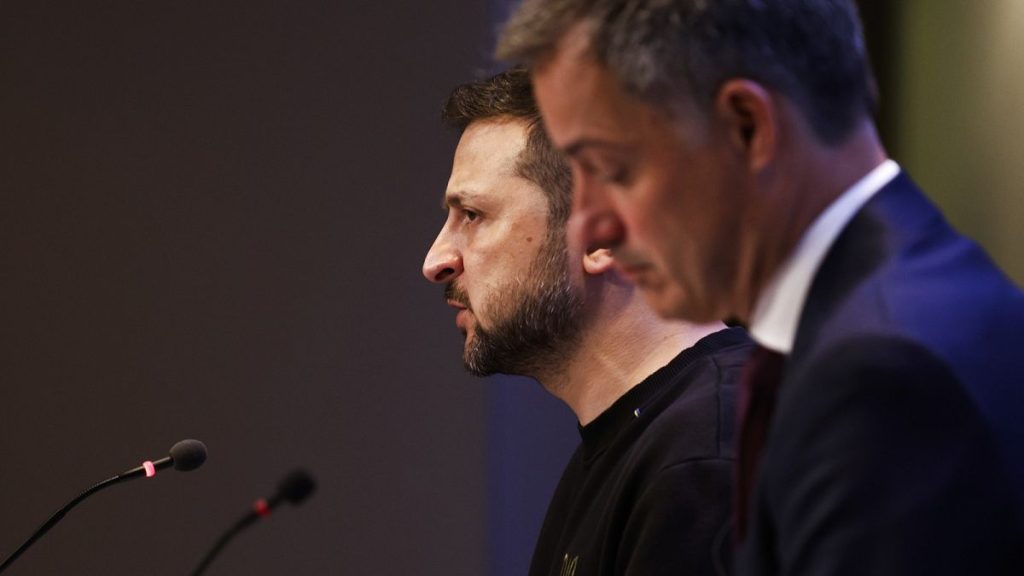Western allies have urged Ukraine to refrain from using donated weapons to strike deep inside Russia since the start of the war. President Volodymyr Zelenskyy has requested permission from the West to launch attacks on Russian territory using donated weapons following the signing of a security deal with Belgium that includes the provision of 30 F-16 fighter jets by 2028. The deal, however, prohibits Ukraine from deploying these aircraft to strike targets in Russia, in line with a longstanding policy by Western allies. Zelenskyy has argued that the restriction is outdated given the changing dynamics of the battlefield and has directly asked for it to be lifted.
Zelenskyy cited recent Russian air strikes in Ukraine, including an attack on a supermarket in Kharkiv that killed 16 people, as evidence of why Ukraine should be allowed to target Russian soil. Ukrainian drones have also targeted energy infrastructure in Russia, leading to concern among Western allies and a warning from the US Secretary of Defense regarding potential impacts on the global economy. Zelenskyy has defended Ukraine’s counterattacks against Russian aggression, stating that they are responding to Russia’s destruction of civilian buildings and energy systems. The president is optimistic that the Western restrictions may soon be lifted to enable Ukraine to respond more effectively to Russian actions.
NATO Secretary-General Jens Stoltenberg has called on allies to reconsider the limitations on weapon donations to Ukraine, arguing that current restrictions hinder the Ukrainian armed forces’ capabilities in the conflict. Ukraine has specifically requested the provision of Taurus cruise missiles from Germany, but Chancellor Olaf Scholz has deemed this request “irresponsible.” However, with Russian forces advancing and escalating the conflict, the debate on lifting weapon restrictions is gaining momentum. Following a meeting of EU defense ministers, it was suggested that some member states may be willing to lift the prohibition on striking military targets in Russia under certain conditions of proportionality and self-defense.
These discussions reflect the complex and evolving nature of the conflict between Ukraine and Russia, with Western allies navigating the delicate balance between supporting Ukraine’s self-defense while preventing an escalation that could trigger NATO’s collective defense obligations. Zelenskyy’s plea for permission to strike Russian targets with donated weapons highlights the urgent need for Ukraine to respond to Russian aggression more effectively. As the war continues and Russian troops make advances, the debate over lifting restrictions on weapon donations to Ukraine is expected to intensify, with differing views among member states on the appropriate level of support for Ukraine in its conflict with Russia. The situation remains fluid, with potential shifts in policy and actions as the conflict persists.


